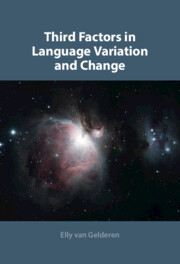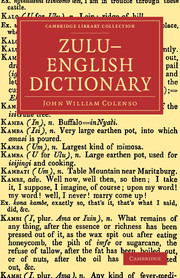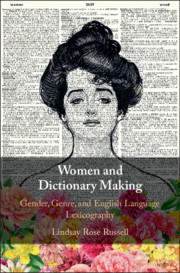The Story of Webster's Third
The publication of Webster's Third New International Dictionary in 1961 set off a storm of controversy in both the popular press and in scholarly journals that was virtually unprecedented in its scope and intensity. This is the first full account of the controversy, set within the larger background of how the dictionary was planned and put together by its editor-in-chief, Philip Babcock Gove. Based on original research and interviews with the people who knew and worked with Gove, this is a human story as well as the story of the making of a dictionary. The author skilfully interweaves an account of Gove's character and working habits with the evolution of the dictionary. The reception given Webster's Third - now widely regarded as one of the greatest dictionaries of our time - illuminates public misconceptions about language and the role of dictionaries.
- Appeals to broad public interest in language usage and language controversies, and specifically how dictionaries represent American English
- The story has considerable human interest and shows how the character of the dictionary's editor shaped the work and led to its misrepresentation
- This tells the story of one of the most important literary events in recent American history
Reviews & endorsements
"...informed, rational and utterly persuasive...Now comes Herbert C. Morton with his splendid account of the book's making and its reception, a book that along with its spirited defense of Gove should make clear to the lay reader the aims and methods of lexicography, a business until now understood by almost no one." Washington Post Book World
"Herbert C. Morton's account of the affair is a chronicle of war to compare with the best....Although Morton is plainly in Gove's camp, even the most knuckle-rapping of purists should find his fine book profoundly rewarding." The Boston Sunday Globe
"...a well balanced and interestingly informative. As a book about a dictionary ought to be, it is decently written." Anthony Quinton, TLS
"...anyone who has an interest in the documentation of such things would be well served to obtain a copy....well-written and interestingly set forth." Laurence Urdang, Verbatim
"Only rarely has the process of lexicography been given such insightful and understanding treatment by a non-lexicographer as we find in Morton's book." Sharp News
Product details
August 1994Hardback
9780521461467
358 pages
236 × 160 × 25 mm
0.675kg
16 b/w illus.
Available
Table of Contents
- 1. The best of times and the worst: a prologue
- Part I. Philip Gove and the Genesis of Webster's Third:
- 2. Gove's formative years: the road to Springfield
- 3. The Webster and Merriam tradition
- 4. The new editor takes hold
- Part II. The Making of the Dictionary: Gove's Intentions:
- 5. The meaning of words: definers at work
- 6. The origins of words: the etymologist's task
- 7. The sound of words and other matters
- 8. Usage and final tasks
- Part III. The War of Words:
- 9. Early Returns: the fuse is lit
- 10. The controversy heats up
- 11. 1962: calamity or calumny?
- 12. Commercial intrusions: trademarks, takeover threats, competition
- 13. Ideology and politics in the running debate
- 14. The judgment of peers
- Part IV. Sorting it All Out:
- 15. Gove and Webster's Third: the legacy
- 16. Concluding words.






